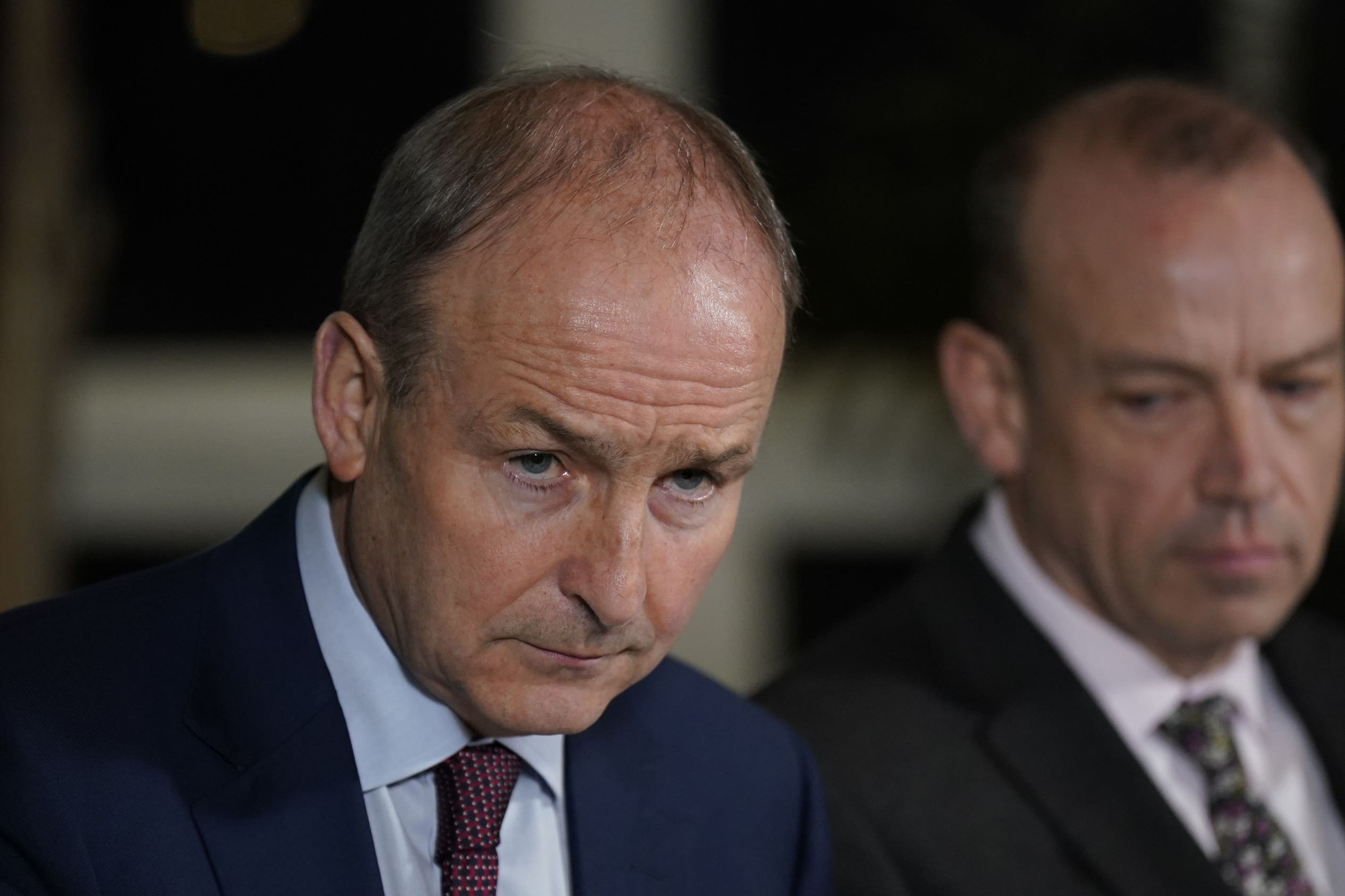Brexit a lesson on knee-jerk policy responses to migration – Micheal Martin
The Irish deputy premier said that migration was a function of how the world was working or not working, and could not be prevented.

Your support helps us to tell the story
From reproductive rights to climate change to Big Tech, The Independent is on the ground when the story is developing. Whether it's investigating the financials of Elon Musk's pro-Trump PAC or producing our latest documentary, 'The A Word', which shines a light on the American women fighting for reproductive rights, we know how important it is to parse out the facts from the messaging.
At such a critical moment in US history, we need reporters on the ground. Your donation allows us to keep sending journalists to speak to both sides of the story.
The Independent is trusted by Americans across the entire political spectrum. And unlike many other quality news outlets, we choose not to lock Americans out of our reporting and analysis with paywalls. We believe quality journalism should be available to everyone, paid for by those who can afford it.
Your support makes all the difference.Ireland’s deputy premier has said that Brexit is a lesson on pursuing “knee-jerk” policies in response to a surge in migration that can be damaging and ultimately not have any impact.
Tanaiste Micheal Martin was responding to questions on how to deal with the increase in asylum seekers from Ukraine and elsewhere in the world amid a post-recession housing shortage.
The Foreign Affairs minister said that the government needed to do better to address people’s fears, but added that there are no reports of increases in crime in areas where there are direct provision centres housing asylum seekers.
He said that Ireland’s “broader story” of migration had been “a very positive one”, adding that the “richness” and “diversity” in schools in particular should be “cherished”.
“I do think we have to create a better narrative around the entire situation in terms of communicating the issue,” Mr Martin said on Tuesday.
He said that the word “unvetted” had been “thrown around” in the Irish parliament Dail Eireann more frequently, and that there was an obligation to ease concerns where people are genuinely afraid.
“I think we do need to challenge that narrative much more robustly than perhaps it has been challenged.
“There has to be rules and there are rules, and that’s not probably understood widely, and there is a legal framework here and we’ve got to continue to see if we can we improve that legal framework.
“But what’s interesting also, if you look at other countries and jurisdictions where the narrative has got stronger, say in terms of a more moderate, right-wing view on things, Brexit happened because of migration, or I would argue the tipping point in terms of how that debate was conducted was somehow ‘we’ll take back control’ and that ‘we’ll reduce migration if we leave the European Union’.
“After Brexit, if you look at the figures most recently, migration continues to go up in the United Kingdom. Brexit has had no appreciable impact on it.
“So I think that’s a lesson to us, that we can get into knee-jerk policy responses because of the migration challenge, which could be dangerous and damaging to the country and will not have any impact anyway in terms of what, in my view, is ultimately a function of how the world is working or not working in many respects.”